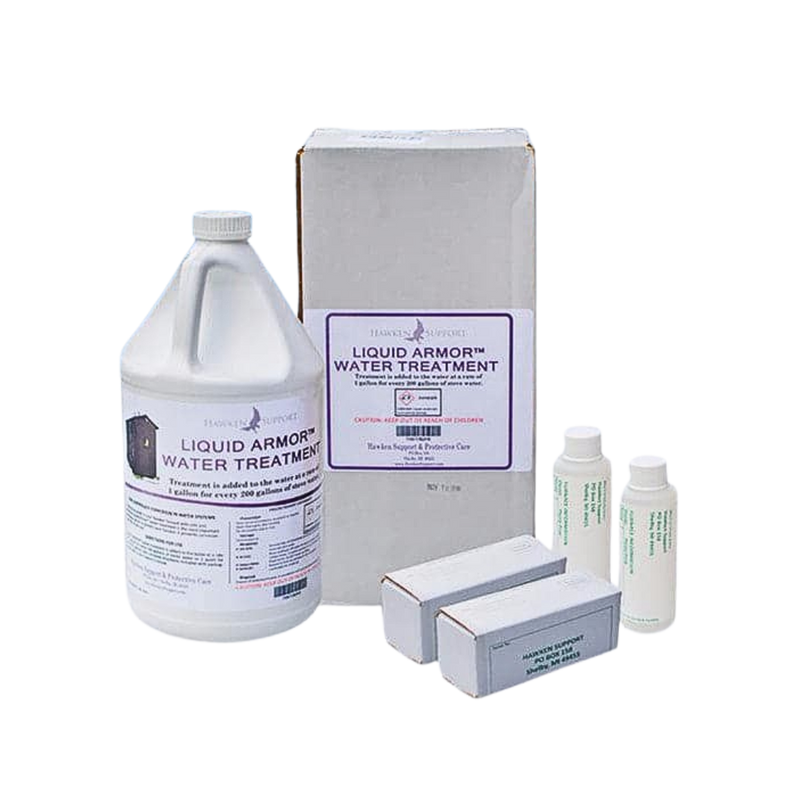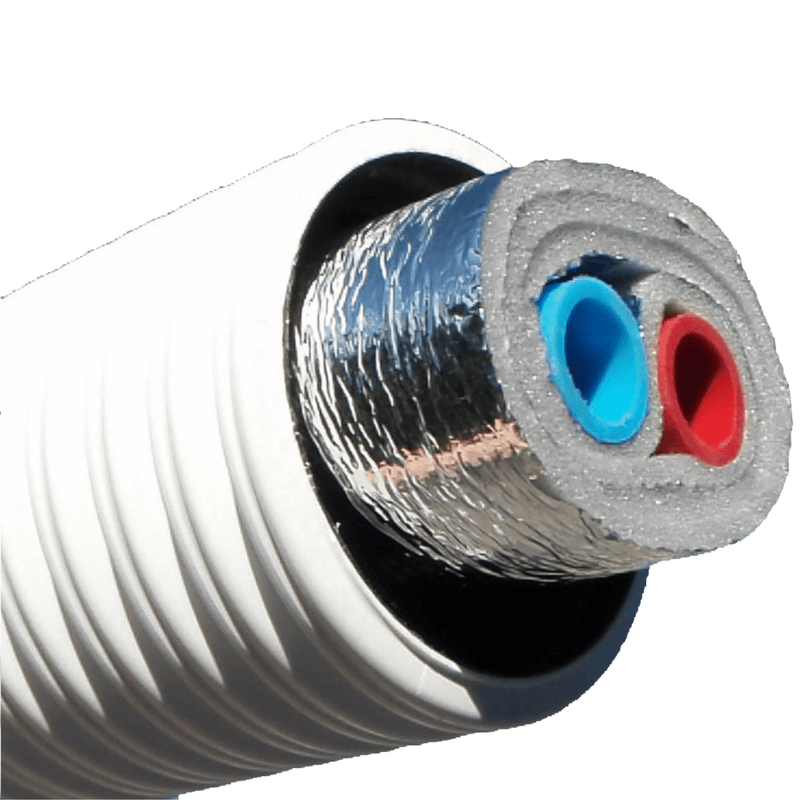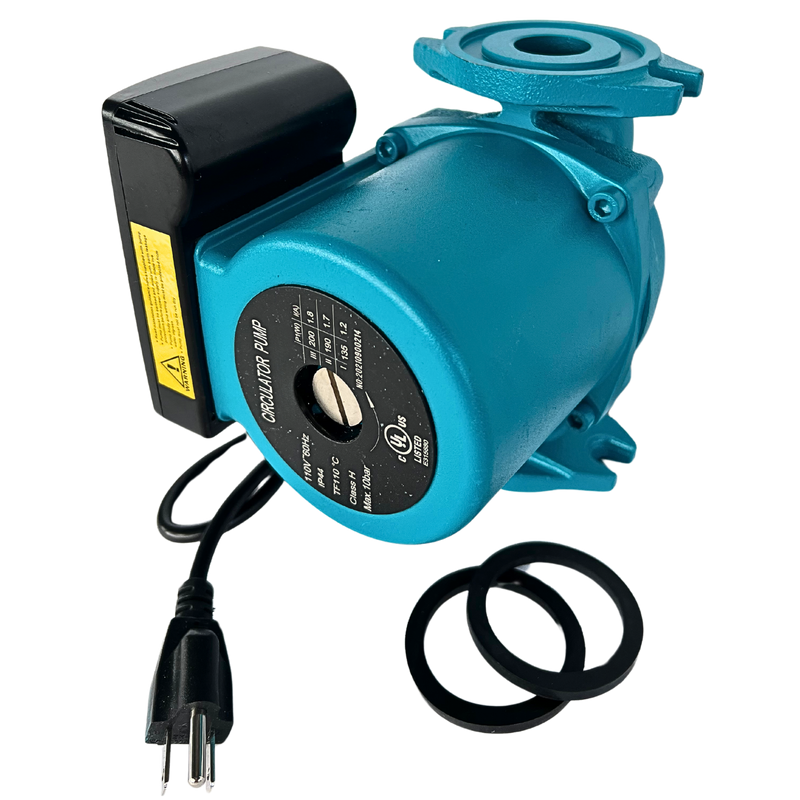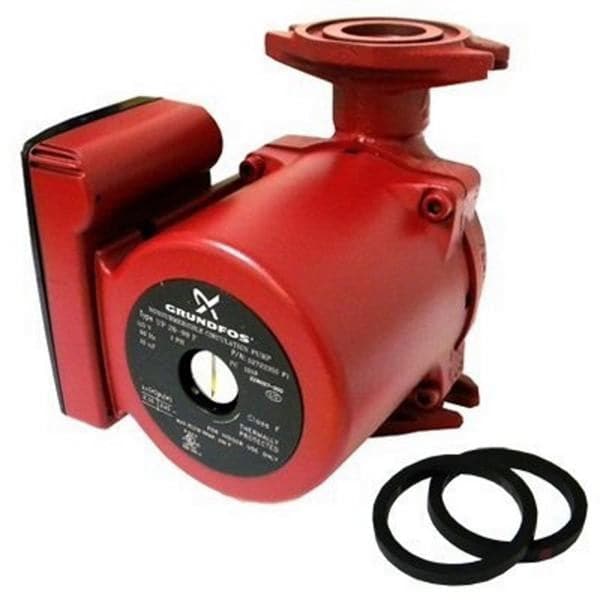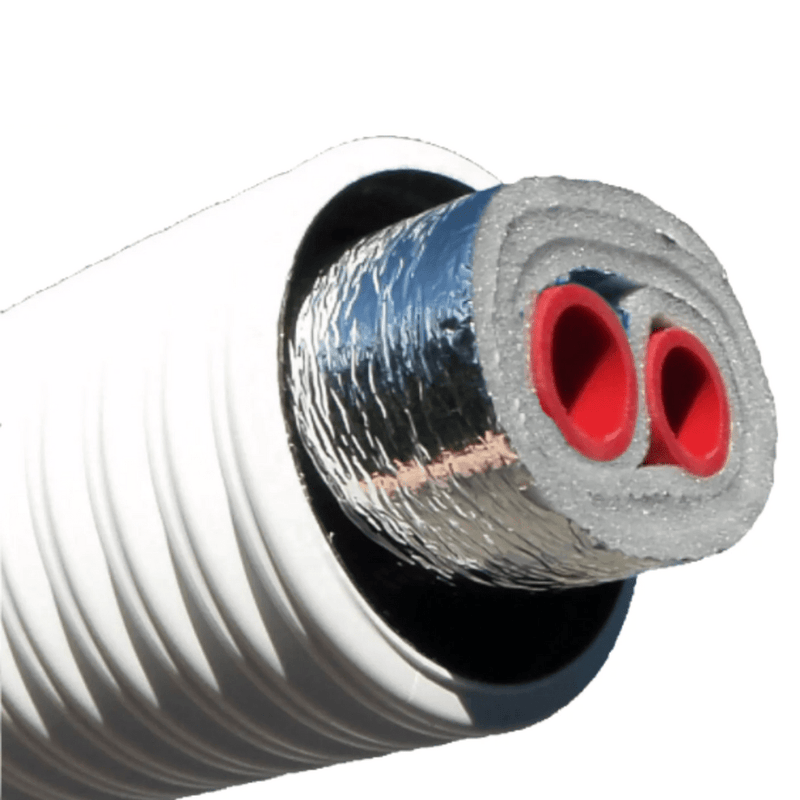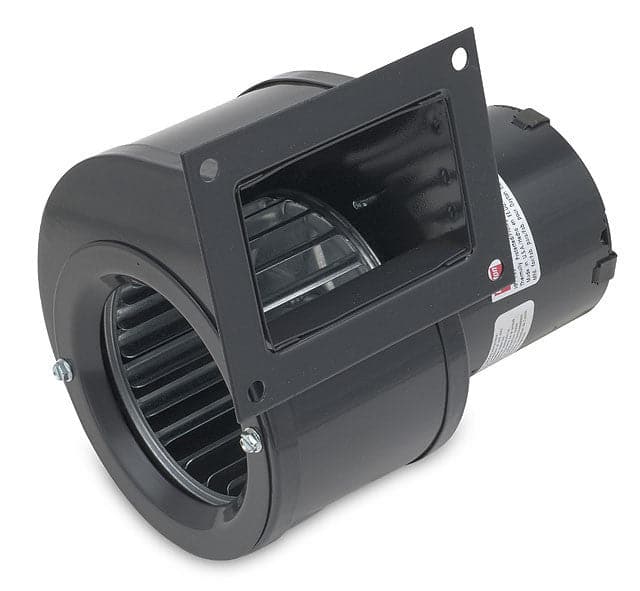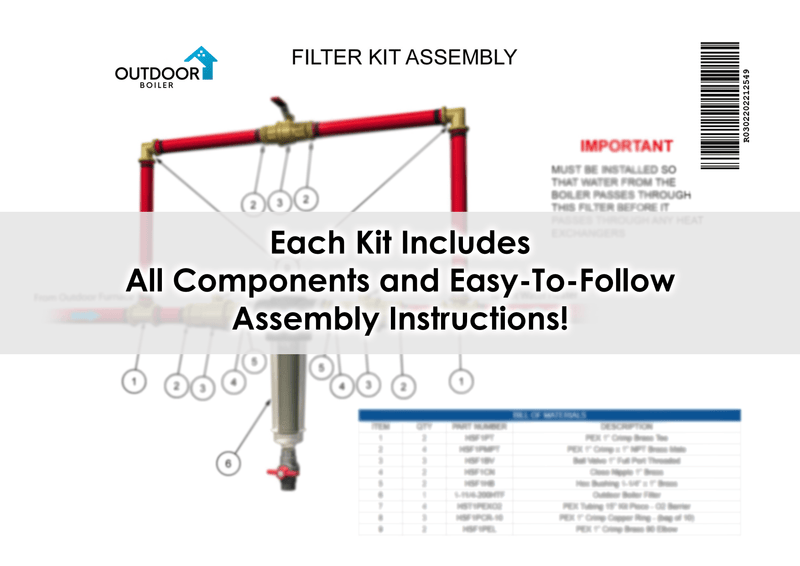EPA Regulations on Outdoor Wood Boilers – 2023 Update!

In 2016, the EPA banned traditional outdoor wood-burning boilers. Those new regulations allowed homeowners to only install "high-efficiency" outdoor wood burners for residential use[1]. These "high-efficiency" units require additional maintenance and must only use well-seasoned wood, but their technology is improving and costs are coming down. So we felt the future of burning wood to save on heating costs was still bright.
But now, it looks like those regulations are going away! The Supreme Court has issued a ruling that clips the wings of the EPA in its abuse of its power. The Supreme Court agrees with us that EPA overstepped its bounds.
The future of burning wood to save money on heating costs just got MUCH brighter! Here are the details:
UPDATE as of June 30, 2022: The US Supreme Court has now officially ruled [2] that the EPA overstepped its authority in creating Clean Air rules and that only a constitutionally-elected Congress has the authority to create such far-reaching regulations.
UPDATE as of January 2023: We continue to monitor the EPA and they have been pretty quiet since the Supreme Court clipped their wings last June. We will continue to monitor the situation and watch for any changes. We are also keeping an eye on whether any IRS tax credits that might be available for outdoor boiler buyers. This cryptic website from the IRS is the best we can offer at this time.
Disclaimer: we are not a law firm and are not making legal claims, blah, blah, blah.
Everyone is entitled to their own interpretation, but many pundits are stating the obvious that the Supreme Court is taking a very strong position against the EPA and all other UNELECTED government regulatory agencies that attempt to create laws – that authority rests solely with Congress.
Chief Justice John Roberts, who delivered the majority opinion, wrote that the Obama-era regulation was too broad of an interpretation of the agency’s authority under the Clean Air Act.
“Agencies have only those powers given to them by Congress,” Roberts wrote. “The agency … must point to ‘clear congressional authorization’ for the power it claims.”[3]
The EPA rules addressed by the Supreme Court are cited in the Clean Air act and are from the “New Source Performance Standards” section. It is under that same section that the EPA created its rules for outdoor boilers and other wood-burning industry products.
Accordingly, this appears to put the responsibility for any needed regulations back at the local level, where it belongs.
We remember very well the hearings that were held by congress back in 2015 when the good folks from the upper peninsula of Michigan stood in front of the microphone to address the EPA – they said: “Does the EPA have any idea what it is like to live in the Upper Peninsula of Michigan? We live in the woods here!
How can you pass federal regulations that affect those of us who have been burning wood since the beginning of recorded history?! You people in Washington DC are completely out of touch with the real world.”
We at OutdoorBoiler.com agree. Again, the future of burning wood as your heating system to save on heating costs just got a lot brighter.
How Does This Affect Me?
Regardless of your interpretation of the Supreme Court ruling in June 2022, what we do know is that if your outdoor wood furnace reaches its end of life EARLY, your savings on your heating bills STOPS. So our goal here at OutdoorBoiler.com is to help you keep your outdoor furnace healthy and in perfect running condition for decades! (So you can keep saving money!)
Source:
[1] If the outdoor boiler is not going to be connected to a residence, there are many “traditional” outdoor boilers available that can be obtained and used for heating workshops, garages, commercial buildings, and other non-residential structures. These traditional outdoor boilers are often chosen over high-efficiency outdoor furnaces because of their lower cost, simpler design, and less required maintenance.
[2] https://www.supremecourt.gov/opinions/21pdf/20-1530_n758.pdf
[3] https://www.texastribune.org/2022/06/30/environment-epa-supreme-court/amp/













